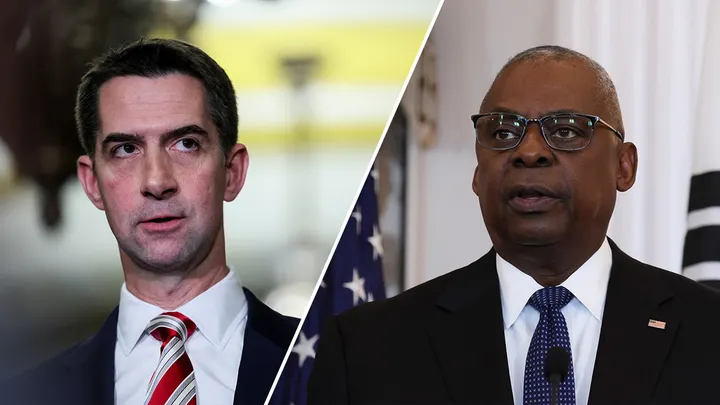New York Attorney General Letitia James on Wednesday requested an appeals court turn down former President Donald Trump’s request to reduce or hold off collecting the bond amount of $454 million to cover a civil fraud judgment.
Trump must post a liquid (cash, securities) bond covering the full amount of the judgment to pause enforcement of the judgment, but 30 surety companies told Trump they would not accept real estate assets as collateral, Trump’s lawyers said Monday.
James could seek to freeze some of his bank accounts and properties if Trump cannot post the $454 million bond. Enforcement against Trump could begin as soon as March 25.
New York State lawyers argued Wednesday that Trump did not explore every option to post bond. They asked the court to reject Trump’s request to postpone collection without bond while his lawyers work through the appeals process, the Associated Press reported:
The attorneys wrote that “it is not possible under the circumstances presented.” They said underwriters insisted on cash or other liquid assets instead of real estate as collateral, which would have to cover 120% of the judgment, or more than $557 million.
Insurance broker Gary Giulietti — a Trump golf buddy who handles some of his company’s insurance needs and testified for him in the fraud trial — wrote in a sworn statement that “a bond of this size is rarely, if ever, seen.” The few provided go to huge public companies, Giulietti said. Trump’s company is private.
But Fan, the lawyer in the attorney general’s office, wrote Wednesday that “there is nothing unusual about even billion-dollar judgments being fully bonded on appeal,” citing a handful of cases. They largely involved publicly traded companies.
Trump maintains the legal action against him is election interference.
“Judge Engoron actually wants me to put up Hundreds of Millions of Dollars for the Right to Appeal his ridiculous decision,” Trump posted on Truth Social Tuesday. “In other words, he is trying to take my Appellate Rights away from me when I have already won at the Appellate Division, but he refuses to accept their already made decision.”
Constitutional scholar Jonathan Turley believes the financial predicament is a form of “mob justice” that could ultimately find its way to the Supreme Court:
His position is in order to get any other judge to look at what I’ve done to you, you’ve got to come up with basically a half a billion dollars just to appeal. It’s like a judge saying, “I’m going to take your house away, but you can appeal my decision. You just have to sell your house in order to do it.” …[M]any people look at this as a type of almost mob justice.
And this could end up going beyond the New York system. They [Trump’s team] could appeal this all the way to the Supreme Court. On occasion, the Supreme Court has intervened in state actions, for example, on punitive damages, and so that points damages can become so high they deny someone due process of law. This is falling into that extreme category, in my view. I find it appalling.
“It shocks the conscience that you have to pony up this type of money just to get someone to look at what you believe, and I believe, is an excessive ruling by this judge,” Turley concluded.



